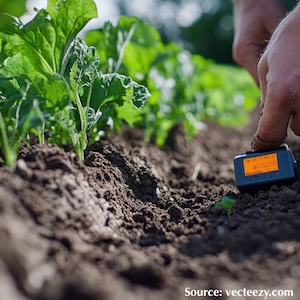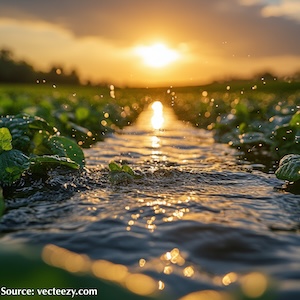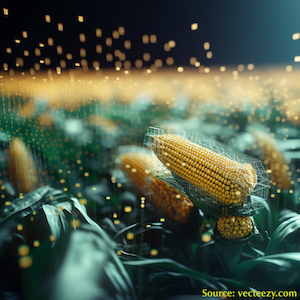Dynamic neural network modeling of thermal environments of two adjacent single-span greenhouses with different thermal curtain positions
All claims expressed in this article are solely those of the authors and do not necessarily represent those of their affiliated organizations, or those of the publisher, the editors and the reviewers. Any product that may be evaluated in this article or claim that may be made by its manufacturer is not guaranteed or endorsed by the publisher.
Authors
Scientific methods must be used to forecast the greenhouse microclimate, which is influenced by crop management practices and the surrounding macroclimate, in order to produce a marketable yield. Using input parameters like indoor air temperature, relative humidity, solar radiation, indoor roof temperature, and indoor relative humidity, the MATLAB tool NARX was utilized in this study to predict the strawberry yield, indoor air temperature, relative humidity, and vapor pressure deficit. To increase the model’s accuracy, the data were normalized. The Levenberg-Marquardt backpropagation algorithm was used to develop the model. A number of evaluation metrics, including the coefficient of determination, mean square error, root mean square error, mean absolute deviation, and Nash-Sutcliffe efficiency coefficient, were used to assess the models’ accuracy. The outcomes demonstrated a high degree of accuracy of the models, with no discernible variation between the experimental and predicted values. It was discovered that the vapor pressure deficit model was the most significant since it affects crop metabolic activities and its precision can be utilized as a parameter for indoor climate control.
How to Cite

This work is licensed under a Creative Commons Attribution-NonCommercial 4.0 International License.









